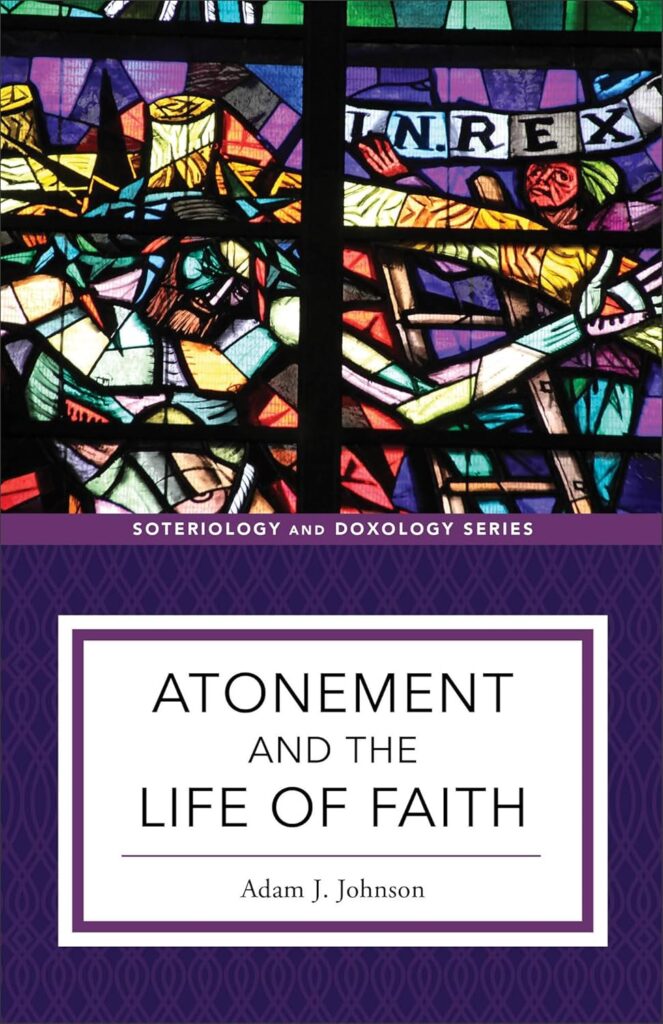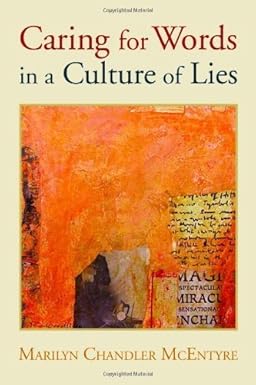
The Atonement and Christian Life, Adam Johnson (Baker: 2024)
This book is part of a series that aims to look at the Christian life through the lens of several doctrines related to the Christian experience of salvation, with an impetus towards praise and worship. Hence the Series title Soteriology and Doxology.
Does this book achieve those aims? Yes, but with reservations. First the significant positives:
The Introduction explains several of the key concepts required to understand the need for, and the nature of atonement. Johnson makes a case for thinking of atonement as an event of healing that reaches from the human heart to the whole creation. In Jesus, God heals what has been broken and diseased by sin and its persistent and pervasive evil consequences. The person and work of Jesus in bearing the deathly consequences of sin on the cross (sickness unto death), and overcoming death by his resurrection (healing), is God’s great act of atonement.
The format of all the books in the series is quite prescriptive. Each volume explores the respective doctrine by its location in the creedal tradition (Apostle’s Creed in this case), by establishing its foundations in scripture, then showing how the doctrine develops in the tradition history of the church, before offering a contemporary and constructive account, and finishing by demonstrating the leverage the doctrine has on the lived experience of Christian faith. All of this Johnson achieves, at times with verve and a freshness of approach that genuinely engages the reader in reflective praise.
The chapter on the Apostle’s Creed is an exposition of atonement refracted through each clause – it is a mini education in crucicentric dogmatics. Scriptural warrant for a theology of atonement is woven through such concepts as covenant, law, Sabbath, sacrifice, temple, land and exodus. The chapter on the history of the doctrine is an overview of fruitful developments and wrong turnings, including a more sympathetic account of Abelard. The constructive chapter majors on the Trinitarian implications of atonement, and especially clarifying the often understated role of the Holy Spirit in the incarnation, death and resurrection of Jesus. This was a key chapter for me, an argument that rebalances the inseparable operations of the Triune God.
It is the final chapter over which I hesitated most. The intention was to argue that the atonement in the Christian life is a living into the forgiveness, reconciliation and impetus towards unity in Christ made possible by believers ‘being in Christ’. Much of what is said in this chapter presupposes a Christian community, forgiveness and reconciliation as imperatives for all who constitute the Body of Christ. That case is both obvious and in need of constant repeating, and it is well stated here.
But in this chapter, despite making the carefully argued case for repentance, accountability, and restored relationships through frank acknowledgement of wrong, I am left with a quandary. What is forgiveness, what does it achieve, why is it imperative, when we encounter the person who is intransigent, unrepentant, or even convinced they have done nothing wrong? In other words, when Jesus prayed, “Father, forgive them, for they know not what they do”, does that mean that forgiveness from the forgiver’s side is not conditioned by the attitude of the person who has wronged us? I think it does mean that.
But that in turn raises, for me at least, the possibility that Johnson’s account lacks the possibility of radical cost, leaving unconsidered the scandal of forgiveness as unconditioned goodwill, as costly perseverance in love when there is no reciprocal response. Do we go on loving our enemies when they still hate us, and does that love really, and truly, require persistent forgiveness, to seventy times seven? I think Jesus meant exactly that.
There is a Doxological Interlude at the end of each chapter, a short quotation from various sources that leads the mind from intellectual engagement to praise and worship. There are useful indices of subject, author and Scripture, and a fine Bibliography – these are important as further research tools. Adam Johnson is an accomplished theologian whose other work on the atonement includes a very fine book, The Atonement: A Guide for the Perplexed; he also edited the massive T&T Clark Companion to the Atonement. This more accessible book is an excellent starting place and a rewarding companion to these two more substantial volumes.










